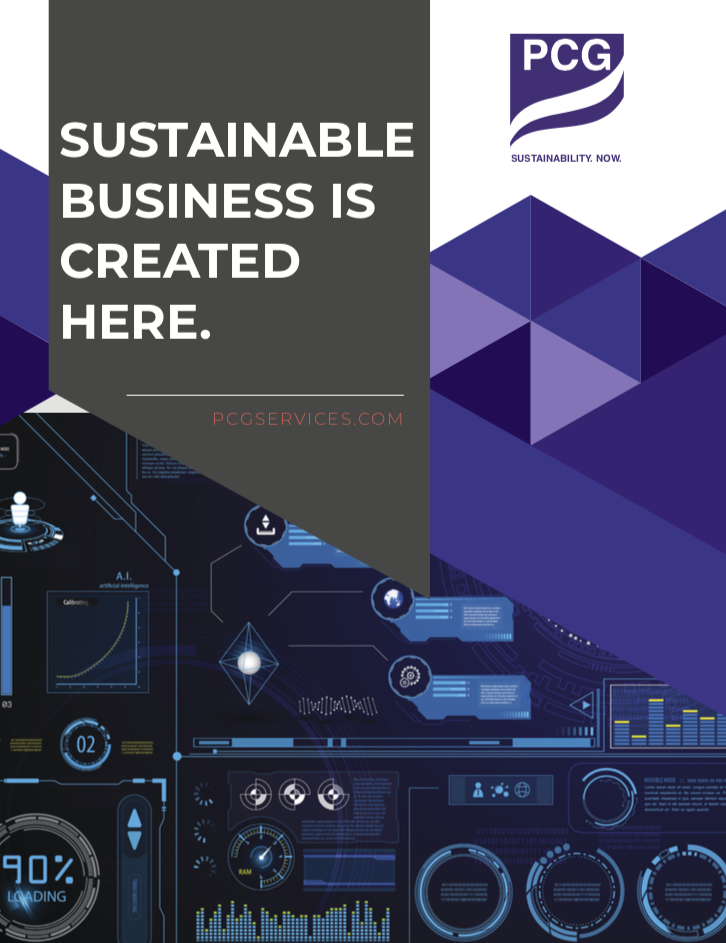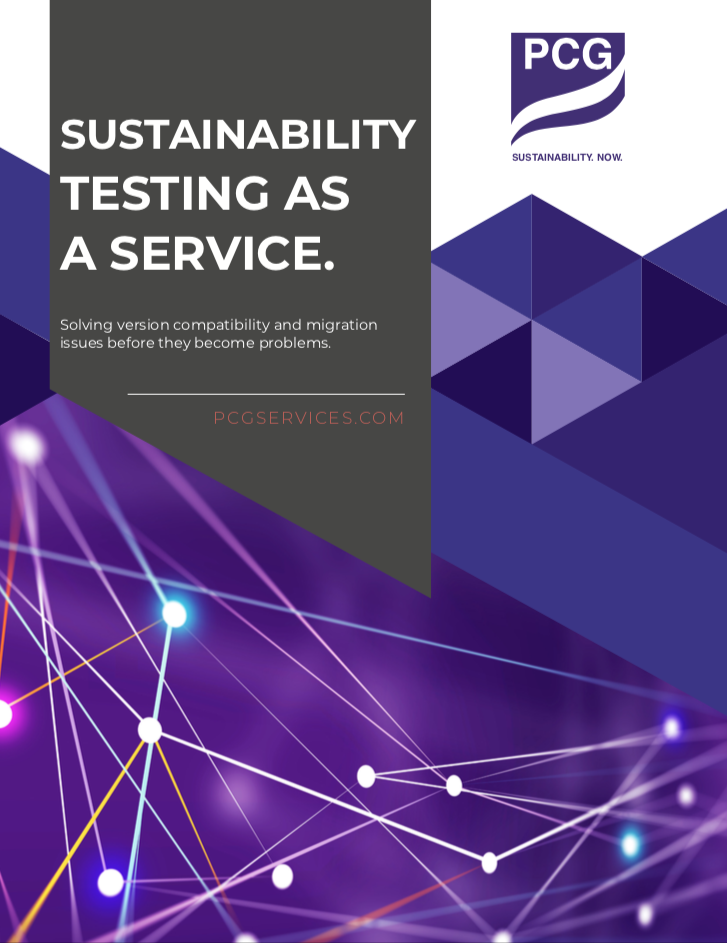PCG Blog
Author: Ryan Swain, PCG MES Solution Architect
Introduction
Industry 4.0 refers to the fourth industrial revolution, characterized by integrating digital technology in manufacturing. Industry 4.0 is transforming the manufacturing landscape, creating a smart factory with a highly automated and digitized production process.
This blog post will discuss the top 10 best ways to integrate Industry 4.0 into a manufacturing shop floor environment.
1. Connectivity—
The first step in integrating Industry 4.0 into a manufacturing shop floor is ensuring that all machines and devices connect. Companies install sensors and other communication devices in each machine, ensuring all communication devices are built on industry standards to maximize compatibility and interoperability between different machines.
2. Data Acquisition—
The second step is to collect data from each machine and device. The data collected should include machine operating parameters, production rates, and other relevant metrics. Gathered data becomes critical to optimizing production processes and improving efficiency.
3. Data Analysis—
Next is analyzing the collected data. Artificial intelligence (AI) and machine learning algorithms are often used to automate discovery and provide insights into the production process, identifying areas of inefficiency and opportunities for optimization.
4. Predictive Maintenance—
The fourth step is utilizing data analysis to execute predictive maintenance planning and scheduling. Predictive maintenance involves using the information to predict when a machine may fail and scheduling maintenance before any failure occurs. The result is reduced downtime and improved overall equipment effectiveness (OEE).
5. Robotics and Automation—
Robotics and automation in the manufacturing process can efficiently perform repetitive and dangerous tasks, freeing human operators to focus on more complex tasks. Automation can also improve efficiency by reducing cycle times and improving quality.
6. Augmented Reality—
Augmented reality (AR) has become an integral manufacturing tool. AR provides operators with real-time information, allowing them to make better decisions and improve efficiency. AR also provides training to operators, reducing the time and cost of training.
7. Digital Twins—
A digital twin, in manufacturing, is a virtual (digital) replica of a physical system. Digital twins simulate the manufacturing process, allowing for optimization and testing before implementing changes in the physical system.
8. Cybersecurity—
It is crucial to secure manufacturing systems from cyber threats. Implementing cybersecurity measures such as firewalls, intrusion detection systems, and encryption is essential to protect the integrity of data and the manufacturing process
9. Cloud Computing—
Leveraging the power of cloud computing to store and analyze data provides scalability and flexibility, allowing manufacturers to adapt quickly to changing production demands. Cloud computing offers cost savings by reducing the need for on-site IT infrastructure.
10. Continuous Improvement—
The final step is to embrace a culture of continuous improvement. Industry 4.0 gives manufacturers rich data and insights that continuously improve operational performance and processes. Continuous improvement requires ongoing data analysis, optimization, and innovation.
Some Conclusions—
Integrating Industry 4.0 into a manufacturing shop floor environment requires a holistic approach that includes connectivity, data acquisition, data analysis, predictive maintenance, robotics and automation, augmented reality, digital twins, cybersecurity, cloud computing, and continuous improvement. By embracing these ten best practices, manufacturers can create a smart factory that is highly automated, digitized, and optimized for efficiency and quality.
What’s Next?
Working with a partner like PCG, who facilitates an end-to-end business model approach to customer adoption of Industry 4.0 and manufacturing execution systems (MES), will greatly reduce costly errors in the evaluation, choice, implementation, business release and immediate performance of your smart factory and Industry 4.0 initiatives. This, in turn, will shorten project times and increase productivity growth so your business can earn more rapid ROI from your investment.
Consider PCG for your MES project to help your organization to adopt a new way of thinking, a new way of operating and continue to be an industry leader that expands the gap between you and your competitors.
Great manufacturing and operational excellence starts with PCG. Contact us and let’s get started!
More Information for You

Services

























